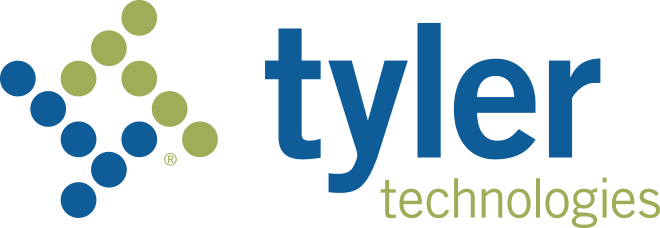Skip to the main content
H: Glossary
- Agency Paid Tyler Hawaii – Amount State or County agency pays Tyler Hawaii, which may include Portal Administration Fee if absorbed by the agency.
- Avoided Costs – Costs avoided by the State or County agency with regard to labor associated with data entry, paper, mailing, marketing and outreach. This does not include any IT related costs/savings.
- CMS (Content Management System) – A system of software that provides website authoring, collaboration, and administration tools to help users with little/ no knowledge of web coding to create, edit and manage website content. WordPress is the CMS used by Tyler Hawaii.
- Disbursed to Agency – Statutory fees collected on behalf of a State or County agency and disbursed by Tyler Hawaii to the agency.
- External Contracts – Contracts between Tyler Hawaii and state/county agencies that are procured outside of the eHawaii.gov program and SPO Vendor List Contract 08-13, using vehicles such as NASPO, Sole Source, RFP, etc.
- External Expense – Expenses allocated to Tyler Hawaii projects performed outside of the eHawaii.gov program and SPO Vendor List Contract 08-13.
- External Project – Tyler Hawaii project contracted and completed outside of the eHawaii.gov program and SPO Vendor List Contract 08-13.
- External Revenue – Revenue earned by Tyler Hawaii via State or County engagements outside of the eHawaii.gov program and SPO Vendor List Contract 08-13.
- Funds Collected – Total amount of monies collected through the portal. This includes all statutory fees, credit card or eCheck fees, and convenience fees.
- Hybrid Funding Model – The combination of using both the transaction funded and time and materials models together.
- Infrastructure as a Service (IaaS) – A software environment that hosts all of the applications, such as Amazon Web Services.
- Platforms – Software systems that enable smaller web applications to run.
- Platform as a Service (PaaS) – Access to a cloud-based system for developing and managing web applications.
- Portal Administration Fee – Sum of service fee (i.e. convenience fee of using the service) and transaction fee (i.e. credit card or eCheck fee).
- Portal Contract (via AHC) – Refers to SPO Vendor List Contract 08-13. Contract currently held by Tyler Hawaii that was created in 2000 to expedite introduction of digital government services that improve citizen interactions with government. It allows State and County agencies to procure services from the company, without the requirement to go through the RFP process. This is provided that the Statement of Work between the agency and the company is reviewed and approved by the Access Hawaii Committee.
- Service – A service is an online application or a CMS website.
- Software as a Service (SaaS) – Web applications that reside in the cloud and are available for use by different entities, who subscribe to pay for the service.
- Statutory Fees Collected – Statutory Fees collected by Tyler Hawaii on behalf of the State or County agency and disbursed to the agency.
- Time and Materials – Funds paid by State or County agency for a project or other work based upon fixed cost pricing or hourly contract rates.
- Transactional Revenue – Revenues generated through transaction fees paid by the customer or State or County agency to Tyler Hawaii.
- Tyler Hawaii Portal Revenue – Tyler Hawaii income (“Funds Collected” amount minus the “Disbursed to Agency” amount).
- User – Customer or public user of the service.
- User Adoption – A situation in which users adopt a new process that works to fill a specific need. They transfer from an old system and migrate to a system that is newer, better, faster, more comprehensive, and altogether more efficient.
- User Paid Tyler Hawaii – Amount that a user pays to Tyler Hawaii in Portal Administration Fees.
- Web Application – An application that utilizes web technologies to allow users to perform tasks over the internet using their web browser (e.g., searching for data, submitting forms, renewing licenses, buying permits, paying statutory fees).
